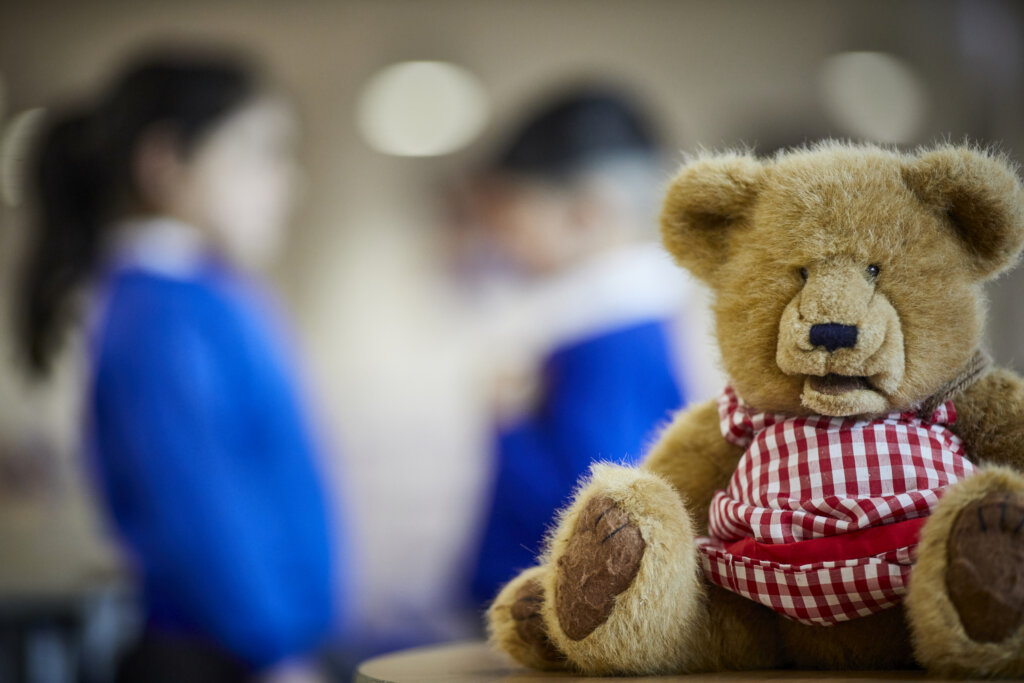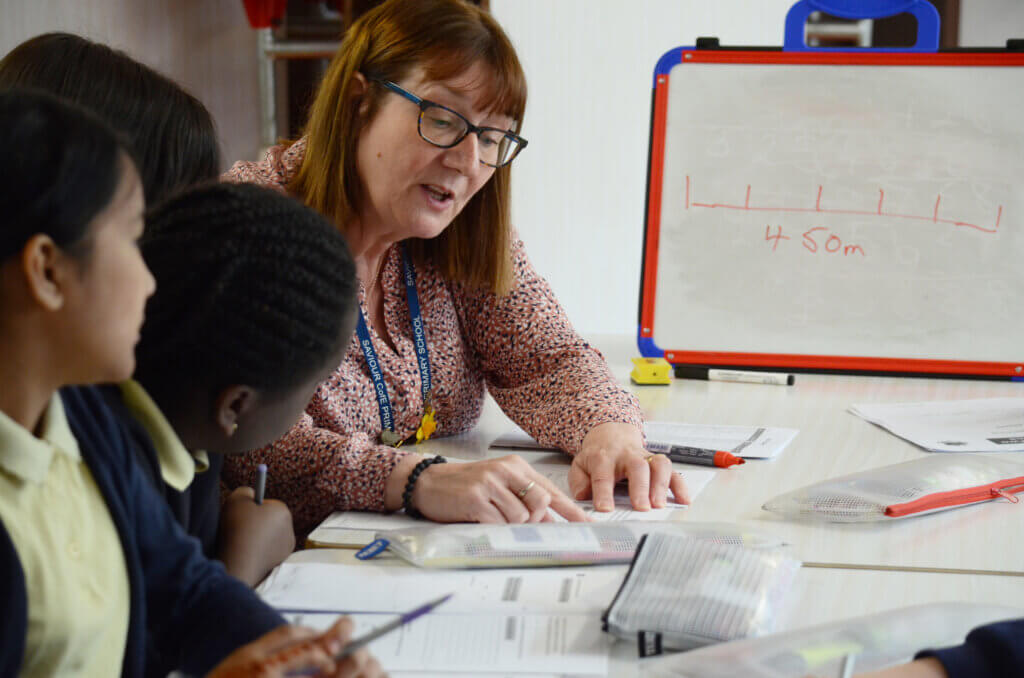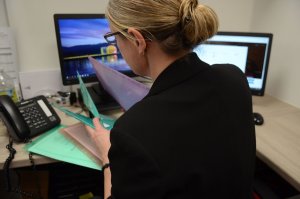Suspended pupils fall a year behind their peers
A new report by the Education Policy Institute (EPI) shows that pupils who are suspended from school are, on average, a year behind their peers by the time they take GCSEs. Researchers studied a cohort of 585,827 pupils in state education, following their time through secondary school until they sat their GCSE exams in 2019. They discovered that, on average, pupils with even one suspension are not achieving a standard pass in GCSE English and maths. Those with multiple suspensions have even poorer outcomes, including a higher risk of permanent exclusion.
Despite accounting for other factors, including demographics, socio-economic disadvantage, prior attainment and school characteristics, researchers concluded that the relationship between suspension and attainment ‘remained significant and stark.’ However, the report claims they cannot be sure whether suspension itself causes the difference in GCSE grades.
The report shows that pupils who are suspended 10 times are almost three times as likely to be identified with special educational needs or disabilities (SEND) than those who are suspended once. Of all SEND types, social, emotional and mental health needs are the most common amongst suspended pupils. However, another survey finds that more than 40% of teachers say they don’t feel confident helping pupils with their mental health.
The EPI encourages schools to proactively identify those at risk of suspension and plan early interventions to reduce the need for suspension. This may include looking at prior attainment in Year 6; SEND status including children without an EHCP; attendance history; and previous disciplinary action. Researchers also underline the importance of equipping teachers with the skills and resources to recognise signs of ill mental health and refer pupils to the appropriate services. The EPI also calls on the government to work with Ofsted to ensure pupils who have been suspended have access to a high-quality education. They suggest that the SEND and AP improvement plan would go some way toward addressing this but ‘the extent to which this and other commitments will be delivered is unclear.’
★ Our Creative Psychotherapy in Education team can deliver one-to-one and group interventions to support learners with behavioural and mental health challenges. Let’s work together to create a learning environment that is inclusive for all.
Contact us.
Government guidance on gender may conflict with equalities legislation
The Department for Education (DfE) had closed its 12-week consultation on the long-awaited draft guidance for schools and colleges on how best to support pupils who are questioning their gender. However, unions have raised concerns that the guidance is potentially in conflict with the law and safeguarding requirements.
According to the guidance, school staff and pupils will not be compelled to use preferred pronouns. Further, it states that primary school aged children are not to have different pronouns to their sex-based pronouns used about them. General secretary of NASUWT, the teachers’ union, Dr Patrick Roach, argues that the draft guidance fails to provide practical advice for schools and colleges who are working with ‘children who have already transitioned with the support of their families.’
There are also concerns as to whether the guidance is fully aligned with equalities legislation. It was recently revealed that the government’s own lawyers warned ministers that certain elements of the guidance could put both the government and schools at ‘high risk of a successful legal challenge.’ Therefore, unions are calling for assurance that schools and colleges will not leave themselves open to legal action as a result of following government advice. Otherwise, they suggest that the government commits to ‘taking on any legal challenges against individual schools, colleges or trusts which are following the guidance.’
★ Highly skilled and experienced, our Education Welfare & Safeguarding consultants can work with your team to create a positive safeguarding culture in line with your school community and vision.
Please get in touch to discuss your requirements.
Government cuts teacher training targets
Only 13,102 secondary teacher trainees were recruited onto courses this year, 50% of the government’s target of 26,360. Despite falling short of its initial target by half, the government has reduced its recruitment target next year by 9%, bringing the estimated number of trainees to 23,955.
The Department for Education (DfE) explains this is because supply forecasts are more favourable and the growth of student numbers has slowed. However, Geoff Barton, general secretary of the Association of School and College Leaders (ASCL), comments that this decision will be regarded with suspension as it ‘looks like an attempt to make the recruitment figures look better.’
Unions warn that this comes amidst a deepening recruitment and retention crisis, with class sizes growing and staff increasingly having to teach subjects they do not specialise in. This year, the government recruited only two-thirds of the target for trainee maths teachers, whilst less than a fifth of the target was met for trainee physics teachers. Classics, history and PE were the only subjects where targets were met and exceeded. Paul Whiteman, general secretary of school leaders’ union NAHT, says that ‘far from lowering ambitions for future recruitment, the government’s response should be to properly address the key issues that are fuelling this crisis.’ He calls on the government to tackle the problem of real-terms pay and funding cuts, alongside the pressure of Ofsted inspections and unsustainable workloads.
★ Our HR experts can work closely with your school management team, sharing the solutions to all your people management requirements.
Reach out today.
—
One Education leads the way in supporting leaders and driving school development, motivated by our shared passion for learning and our ambition to serve children and young people.
Please get in touch to find out how we can help.















